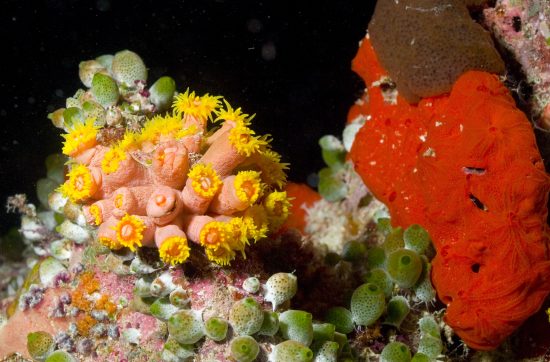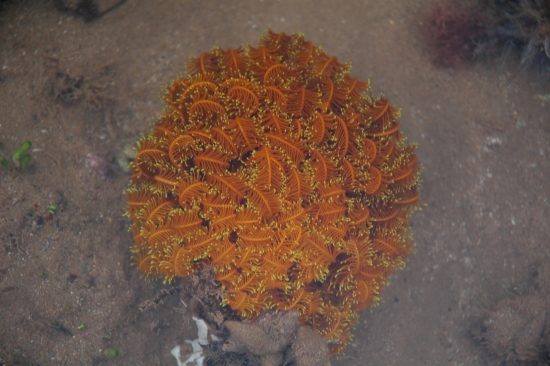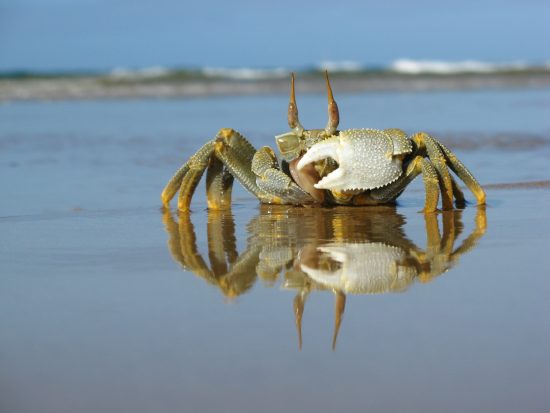Almost one-third of all 229 UNESCO Natural World Heritage Sites worldwide are being threatened by mining activity and the extraction of fossil fuels, according to Safeguarding Outstanding Natural Value, a new study by the WWF.
Based on the research, about 31 percent of these sites are acutely at risk, being either subject to some form of mining or oil/gas extraction, or have had licences issued permitting such activities onsite.
The WWF has urged the companies concerned to reconsider their actions and change to more environmentally sustainable practices.
Particularly at risk are the sites in Africa, where more than 60 percent of the World Heritage Sites are being threatened. In Latin America and Asia, it is 31 and 34 percent respectively of the total number.
Natural world heritage sites are places of outstanding importance for nature conservation; some of these sites are the Grand Canyon, the Great Barrier Reef and the Selous Game Reserve in Tanzania.
"The greed of the industry does not stop in front of the most beautiful natural paradises,” said Günter Mitlacher, Director International Biodiversity Policy at WWF Germany. He added that the public and politicians needed to put a stop to these plans.
Altogether, the World Heritage sites comprise less than one percent of the Earth’s surface, but are home to many of the world’s rarest animal species such as mountain gorillas, snow leopards and sea turtles.
Europe and North America hosts 10 percent of natural World Heritage Sites currently at risk. One of these is the Wadden Sea, in the south-eastern part of the North Sea. Here, environmentalists criticise the oil production and the related construction of an oil-drilling rig and pipelines. The seismic surveys have disrupted the delicate ecological balance. If funding were to be extended, as projected by DEA (Deutsche Erdoel AG), the exploratory drilling and massive noise pollution would negatively affect the wildlife there.
Add to this, there would be the subsequent danger of an accident that would lead to an oil spill.
"The example of the Wadden Sea shows that World Heritage sites are not safe in Germany. It is also the task of politicians to set the record straight. All activities that threaten World Heritage and protected areas must be stopped," said Mitlacher.
Written by
Mares
Date
6th October 2015





 Mares
Mares 6th October 2015
6th October 2015